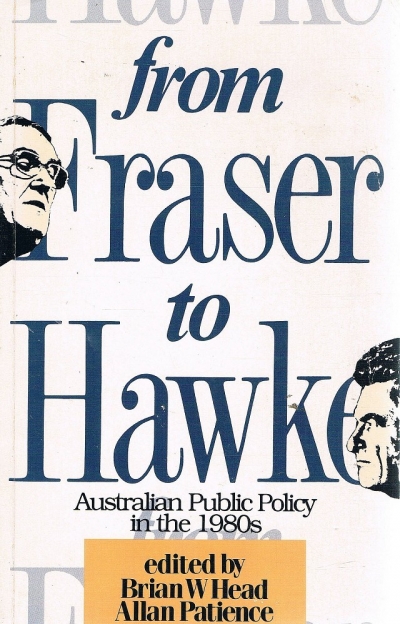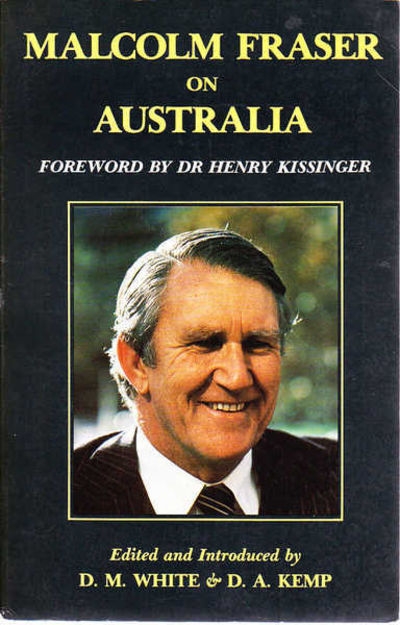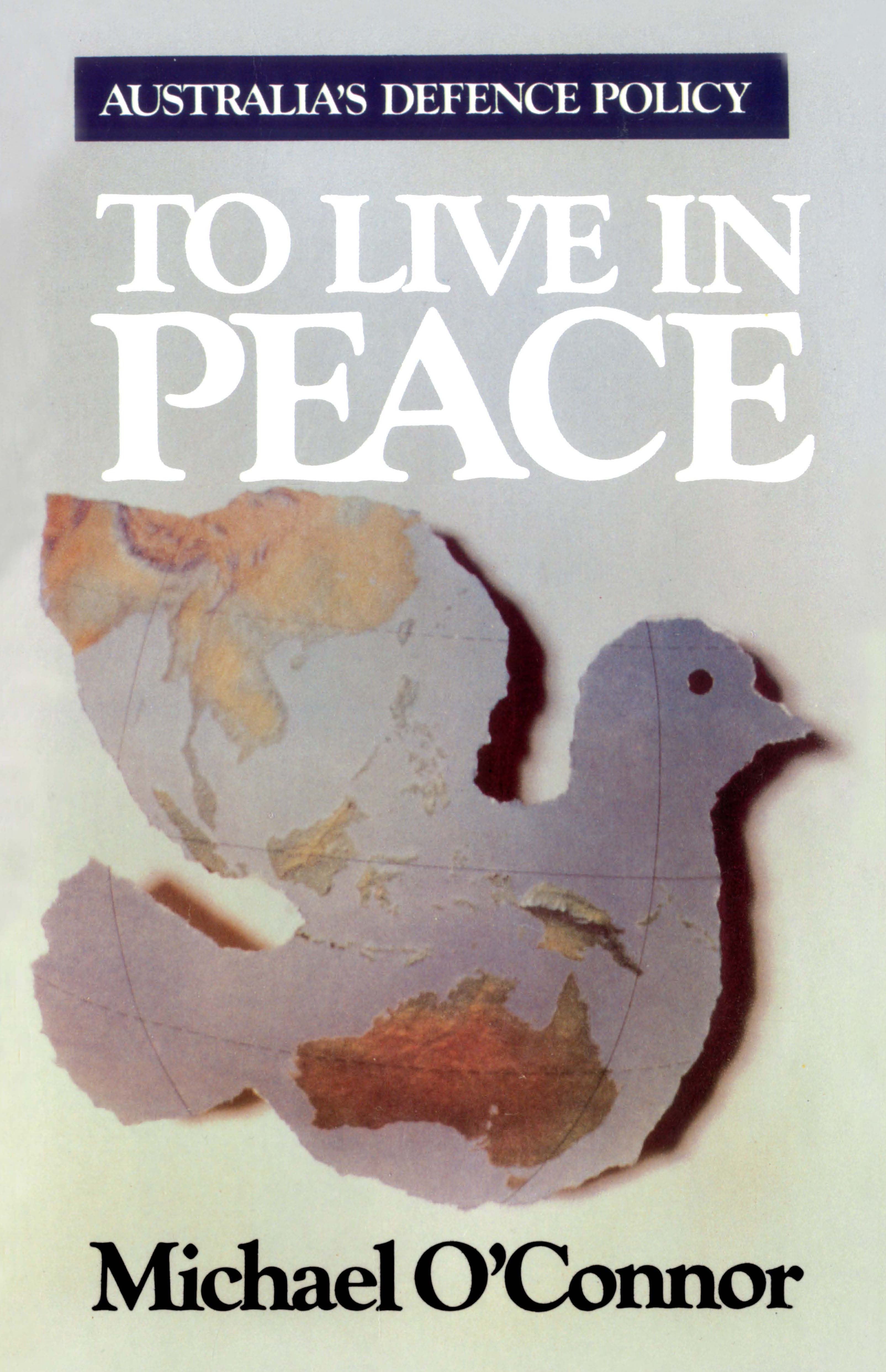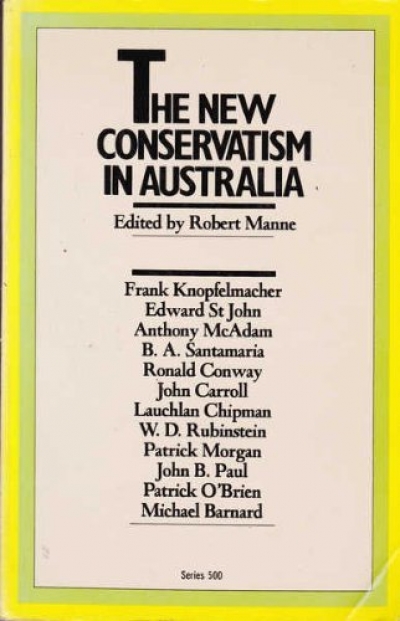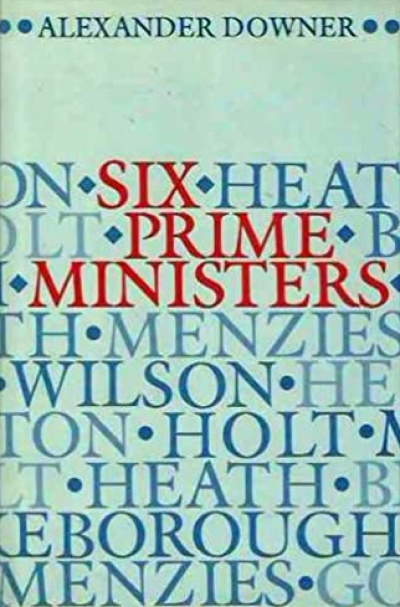Australian Politics
From Fraser to Hawke by Brian Head and Allan Patience & The Hawke–Keating Hijack by Dean Jaensch
The debate about the costs and limitations of power is as old as the ALP, but it has been given new urgency by the changes in the Party since Labor won government in 1983. So far this year, three books have been published which deal wholly or in part with the Hawke government’s relationship with the traditions of the Australian Labor Party: Carol Johnson’s The Labor Legacy, Graham Maddox’s The Hawke Government and Labor Tradition and now Dean Jaensch’s The Hawke–Keating Hijack: The ALP in transition.
... (read more)John Bunting’s portrait of Robert Menzies is a book for fans. Beautifully produced, with a handsome cover, tartan endpapers, and a royal blue marker, it is an ideal gift for those who agree with Bunting’s judgement – that Menzies was ‘grand and magnificent, the best man of his time’. It will also please those who, though more reserved in their admiration than Bunting, remember Menzies with respect and admiration.
Bunting was a member of the Prime Minister’s Department for the last seven years of Menzies prime ministership, and a senior officer in that Department from the beginning of Menzies long post-war reign in 1949. He feels that Menzies suffered a bad press after his retirement and has often been misunderstood; as he can speak with the authority of experience he has taken up his pen to write of Menzies as he knew him.
... (read more)Malcolm Fraser On Australia edited by D.M. White and D.A. Kemp
There have been two major cycles in Australian political rhetoric since the war. The first occurred during the postwar reconstruction period, from 1943 until 1949, when contest over a new social order impelled an unusually clear articulation of philosophy and policies by the contenders for influence – represented in public debate by Curtin and Chifley on one hand, and Menzies on the other. The eventual ascendance of Menzies and the dominant ideas that emerged from that debate informed our political life for the next two decades. Not until the late 1960s, when the Liberal-Country Party coalition’s grasp of events slipped, and when the new problems of the modem world economic system and Australia’s precarious place within it dislodged the assumptions engendered in the 1940s, did the debate about the nature of our policy gain a new edge.
... (read more)The Ministers’ Minders: Personal advisers in national government by James Walter
The official myth of the relationship between the elected political leaders and the bureaucrats charged with the administration of their decisions has been that it is for the politicians to set the ends, choose the values, and for the bureaucrats to advise on the means for the implementation of those values. The bureaucratic advice is to be objective and impartial as bureaucrats are there to serve governments committed to very different political values. But the myth has not always fitted the reality; facts and values are not so easily distinguished. James Walter in The Ministers’ Minders: Personal advisers in national government documents the emergence of a new political role in Western parliamentary democracies from this inevitable gap between the administrative and executive arms of government; and he explores the implication of this both for traditional ways of understanding political decision-making, and the range of role options open to political activists.
... (read more)The last few years have seen a major reorientation of Australian defence policy. The Guam doctrine of limited commitment declared by the United States, the withdrawal of United States forces from mainland Southeast Asia, the British withdrawal of forces east of Suez and the substantial development of the capacities of regional countries, especially the ASEAN states, to provide for their own security all had major implications for Australian defence policy. Australia’s defence planners (and successive Australian Governments) concluded that our first priorities should be the defence of Australia with increasing independence, the encouragement of a favourable security environment in our region and the maintenance of ANZUS cooperation. This reorientation effectively spelt the end of the so-called ‘forward defence’ era and initiated a challenging process of transition.
... (read more)‘S
unday 26 October 1969 ... This evening I went to evensong at Christ Church to give thanks for the election result.’
For the men born to rule – and Peter Howson was a finely preserved specimen of the tribe in his generation – God was not only a Liberal, but a highly discriminating one at that. After all, the 1969 election for which Howson gave thanks at South Yarra slashed the Liberal Government’s majority by seventeen, to seven, and made John Gorton’s replacement as Prime Minister virtually inevitable.
... (read more)Those who have hopes or fears of a Reagan–Thatcher hardline conservatism arising in Australia can forget it, if this newest attempt by the local ‘right’ to define itself is any guide. For a major topic, it is a listless, sickly growth from Australia’s whiggish soil that struggles – mostly unsuccessfully – for anything new to say.
... (read more)George Munster reviews 'The Things We Did Last Summer' by Bob Ellis, '31 Days to Power' by Robert Haupt with Michelle Grattan, 'Time of Testing' by Craig McGregor, and 'Gamble for Power' by Anne Summers
‘In fifty years’ time,’ Robert Haupt and Michelle Grattan write in 31 Days to Power. ‘historians will look at the 1983 elections, see that inflation, unemployment and interest rates were at high levels compared to the past, and conclude that Fraser could never have won’.
... (read more)Sir Alexander Downer (1910–81) was a man of great courtesy, absolute integrity, honesty in reporting the things be observed. I think that these attributes are all self-evident in the book he has written about six Australian prime ministers. Also apparent was, I believe, a too subservient attitude to a Britain which was disappearing and changing throughout his life. After all, the concept of the Queen as the Queen of Australia – instead of the Queen of Britain or the Commonwealth – received acceptance only after World War II, which incidentally was a war that Alec Downer saw out living in the hell of Changi Prison Camp.
... (read more)Beatrice and Sydney Webb are still alive, though failing. At least, that is the impression one gets from these five pamphlets, which mark the resurrection of the Victorian Fabian Society since 1980, after temporarily shaking off the mortal after coil.
... (read more)

